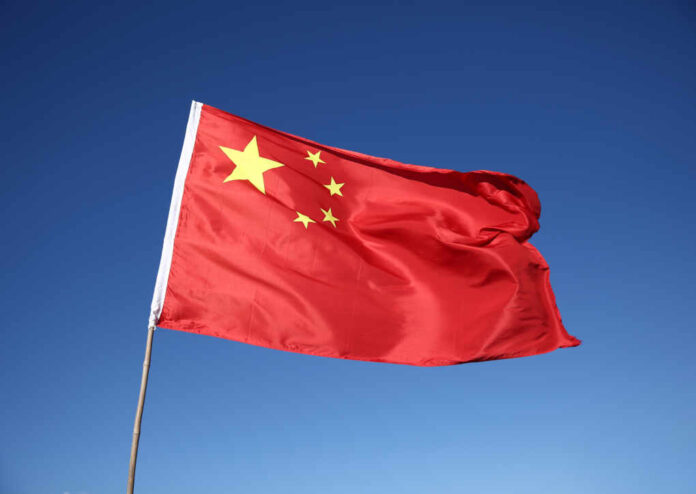
Even as international tensions and concerns about U.S. national security continue to grow, American public pension funds are still investing billions of dollars in China. More than $68 billion of publicly managed money has been poured into the Chinese market by U.S. public pension managers since 2020.
The bipartisan nonprofit Future Union emphasized the dire implications these investments might have for the U.S.’s geopolitical stance and economic security. The organization’s recent findings indicate a persistent flow of American capital into Chinese venture capital and private equity funds, seemingly disregarding the escalating frictions between Washington and Beijing.
US Public Pensions Investing Billions in China Despite Divestment Talk
White House wants to restrict U.S. investment in China, but critics say efforts do not go far enough.https://t.co/g2ZGJuouZS
— The Epoch Times (@EpochTimes) February 24, 2024
Future Union Executive Director Andrew King has been a vocal critic of investing publicly managed funds in the Chinese marketplace. He points out the dangers of bolstering China’s technological and economic capabilities, especially as the hostile regime continues to steal U.S. intellectual property and trade secrets in order to directly compete with American firms. He asserts that investments in China, particularly those in technology sectors, inadvertently support the Chinese Communist Party’s (CCP) broader strategic objectives that are directly adverse to U.S. interests.
The historic volatility of the Chinese stock market and the unpredictable impact of arbitrary government regulation on companies there present substantial risk to the security and stability of investments in the communist country.
However, not everyone sees these investments as outright detrimental. Some economists, like Dr. Ryan M. Yonk from the American Institute for Economic Research, argue that the global nature of today’s markets necessitates diversified investment portfolios, which can include Chinese assets. Yonk suggests that while there are legitimate concerns regarding China’s market practices, pension funds must balance risk and reward to fulfill their fiduciary duties to beneficiaries.
The issue of U.S. investments in China transcends mere financial debates, touching upon the core of America’s strategic priorities and values. As tensions between the U.S. and China continue to escalate, the decision of whether American pension funds should continue investing in China becomes increasingly fraught with geopolitical significance.














